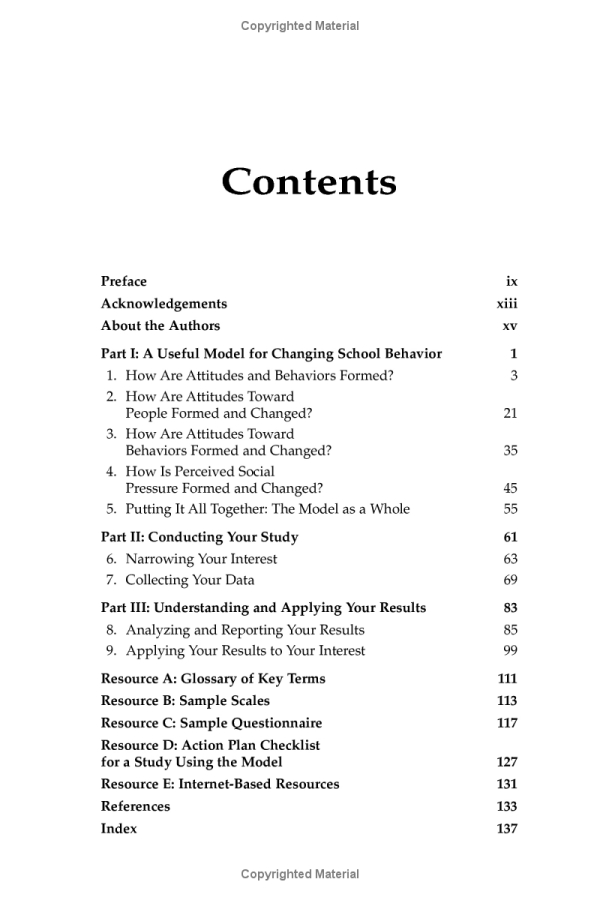"Unlocking Opportunities: A Comprehensive Guide to FHA Student Loans"
#### Understanding FHA Student LoansFHA student loans are designed to assist students in financing their education through affordable loan options backed by……
#### Understanding FHA Student Loans
FHA student loans are designed to assist students in financing their education through affordable loan options backed by the Federal Housing Administration (FHA). These loans are particularly beneficial for those who may not have a strong credit history or sufficient savings to cover tuition costs. By providing lower down payments and more lenient credit requirements, FHA student loans open doors for many aspiring students.
#### Benefits of FHA Student Loans
One of the primary advantages of FHA student loans is their accessibility. Unlike traditional loans, which often require good credit scores and substantial down payments, FHA loans can be obtained with a credit score as low as 580. This makes them an ideal option for students who may have limited financial history. Additionally, FHA loans typically offer lower interest rates, which can result in significant savings over the life of the loan.
Another benefit is the flexible repayment options. FHA student loans allow borrowers to choose from various repayment plans, including income-driven repayment options that adjust monthly payments based on the borrower’s income. This flexibility ensures that students can manage their debt more effectively after graduation.
#### How to Qualify for FHA Student Loans

To qualify for FHA student loans, applicants must meet specific criteria set by the FHA. First and foremost, students must demonstrate financial need, which is assessed through the Free Application for Federal Student Aid (FAFSA). This form collects information about the student’s financial situation and helps determine eligibility for federal aid, including FHA loans.
Additionally, students must be enrolled in an eligible program at a recognized institution. The program must meet certain standards set by the FHA to ensure that the education provided is of high quality and leads to gainful employment.
#### Steps to Apply for FHA Student Loans
Applying for FHA student loans involves several steps. First, students should complete the FAFSA to determine their eligibility for federal aid. Once the FAFSA is submitted, students will receive a Student Aid Report (SAR) that outlines their financial aid eligibility.

Next, students should research different FHA loan options available to them. It’s essential to compare interest rates, repayment terms, and lender requirements. After selecting a lender, students can begin the application process, which typically involves submitting personal and financial information, as well as documentation related to their education.
Once the application is submitted, the lender will review the information and determine whether the student qualifies for the loan. If approved, students will receive a loan offer detailing the terms and conditions, including the amount borrowed, interest rate, and repayment schedule.
#### Repaying FHA Student Loans
Repayment of FHA student loans generally begins six months after graduation or when the student drops below half-time enrollment. It’s crucial for borrowers to understand their repayment options and choose a plan that aligns with their financial situation. Options may include standard repayment, graduated repayment, or income-driven repayment plans.

Students should also be aware of the potential for loan forgiveness programs, especially if they enter certain professions such as teaching or public service. These programs can significantly reduce the overall loan burden for graduates who commit to service in high-need areas.
#### Conclusion
FHA student loans represent a valuable resource for students seeking financial assistance for their education. With their accessible criteria and flexible repayment options, these loans can help students achieve their academic goals without the overwhelming burden of debt. By understanding the benefits, qualifications, and application process, students can make informed decisions that pave the way for a successful future.